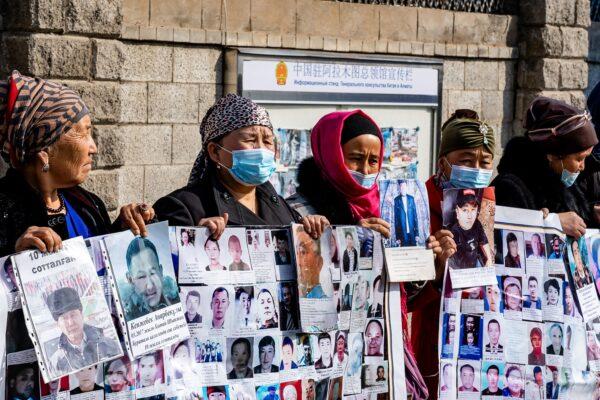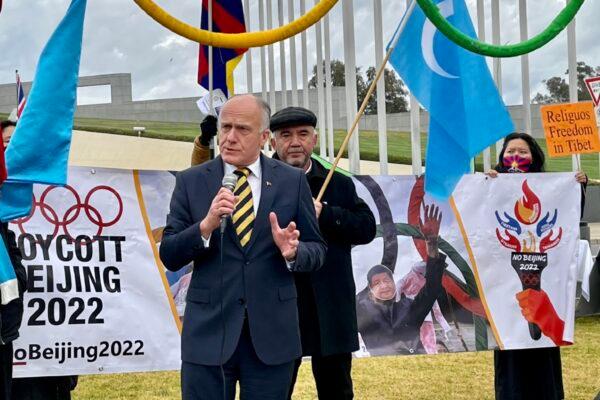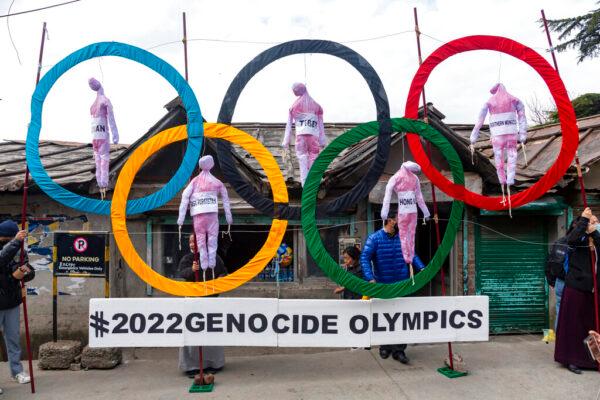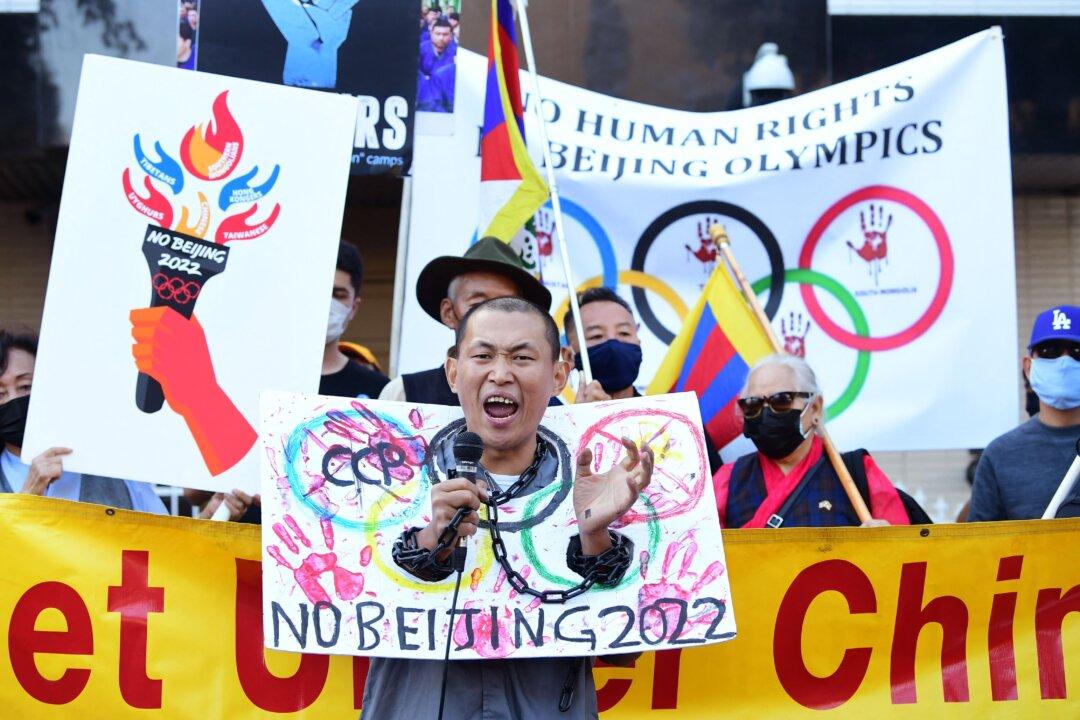White House press secretary Jen Psaki confirmed that the United States won’t send an official delegation to the 2022 Beijing Winter Olympics in protest against the Chinese regime’s ongoing human rights crisis in the Xinjiang region.
“As the president has told President Xi, standing up for human rights is in the DNA of Americans, we have a fundamental commitment to promote human rights,” Psaki told a daily press briefing on Dec. 6, referring to the virtual meeting of U.S. president Biden and Chinese leader Xi Jinping on Nov. 15.

The United States’ diplomatic boycott won’t affect the athletes attending the Beijing Olympics.
Australian Liberal senator for Tasmania Eric Abetz, the first federal parliamentarian to call for a diplomatic boycott of the Beijing Olympics, called on the Morrison government to follow suit and take a strong stand against the CCP’s litany of human rights abuses.
“The decision by the United States, our close ally and friend, to diplomatically boycott the Beijing Winter Olympics is a most welcome move and one in that Australia must follow suit. Australia must not be complacent but move with speed to demonstrate our long commitment to upholding human rights and calling out where they are breached,” Abetz said in a statement.
“From the Uyghurs, organ harvesting from prisoners of conscience, slave labour, the Hong Kongers, the Tibetans, the Mongolians, the Dalai Lama, debt-trap diplomacy, the South China Sea Islands, religious and journalistic persecution to all other grave injustices committed by the CCP dictatorship means we must not give official representation at these Games.”
Senator Abetz is the Chair of the Foreign Affairs, Defence and Trade Committee and a member of the Joint Parliamentary Committee on Intelligence and Security.

Independent South Australian senator Rex Patrick also welcomed the United States’ decision by saying that it would be morally wrong for the Australian government to extend any measure of official endorsement to the Chinese Communist regime.
“The Australian government needs to be particularly clear about the Chinese Communist Party’s responsibility for genocide,” he said.
Australian Nationals senator Matt Canavan has gone one step further by advocating for an athletes’ boycott.
“The treatment of sportspeople within China has to raise the question of whether we should be engaging in sporting activities with such a government,” he told Sky News.
The Labor opposition has said it would work with the Morrison government for a bipartisan national agreement on the issue.
“This case [Peng Shuai] raises serious concerns about athlete safety. In light of this and ongoing concerns about the human rights situation in China,” Penny Wong, Labor’s foreign affairs spokesperson, told The Australian. “Labor is willing to work with the government to agree a bipartisan, national position on the level of Australia’s diplomatic representation at the Winter Olympics.”

However, Labor president Wayne Swan has cautioned against a boycott.
“We should be calling out the human rights abuses in China, which are truly dreadful,” he told nine news last week. “Sport is one way to do that, although I would recall that in 1980 there was a call for a boycott of the Moscow Olympics. That didn’t end well, and it didn’t work.”
The boycott in 1980 was launched by the United States as a response to the Soviet Union’s invasion of Afghanistan.
Australian Prime Minister Scott Morrison said on Dec. 3 that his government would be “considering” a boycott of the Beijing Winter Olympics when asked by a reporter.
The Epoch Times reached out to Australia’s Department of Foreign Affairs and Trade for a comment but has not received a response at the time of publication.




